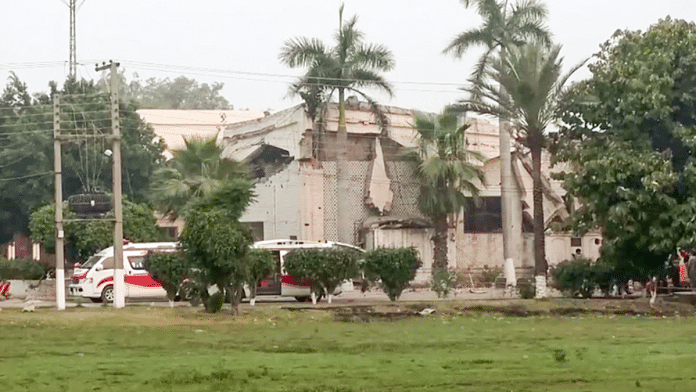Pakistani politics and its Army are overtly run from Punjab. From the province’s northern tip to its southern boundary, Indian missile strikes have landed—an unprecedented escalation. All selected targets were as predictable as India’s retaliation. Most notably, Bahawalpur—the headquarters of Jaish-e-Mohammed, whose attacks have ranged from blowing up General Pervez Musharraf’s bullet proof limousine to the Pulwama convoy bombing. India had no need to expose Pakistani denials, with a statement attributed to JeM chief Masood Azhar confirming the deaths of his family members.
The onus now lies with Pakistan to take stock of how it manages the terror networks operating from its soil. India has crossed certain lines, and the global response has been more than sufficient to give New Delhi both space and options for manoeuvre. This isn’t good for Pakistan, even in the short term, because the possibility of further Indian actions remains, and has been confirmed by the world at large. The trigger that fired this round of retaliation was Pakistan Army Chief General Asim Munir’s sectarian speech delivered to an audience of expatriate Pakistanis.
The Pahalgam terrorist attack mirrored his sectarian rhetoric, and it is now clear that Pakistan must return to the agenda drawn up five decades ago, when it joined hands with Saudi Arabia and the United States to inspire jihad in Afghanistan. This is a fact-check Indian Army officer Colonel Sofiya Qureshi should have done before describing it as a three-decade-old policy. The overt jihadi threat to India only appeared after Pakistan crossed the nuclear threshold. It has since relied on the assumption that India would not cross certain lines.
Those lines—not crossed even during the 1999 Kargil War—have now been crossed. The gloves are clearly off. Alongside the loss of truth, there is now a real risk of casualties, and society must be prepared to take them on the chin. In combat, the punches often come unexpectedly. War is not a clinical video game, and setbacks are inevitable. India must remain alert to all possibilities—whether it’s an increase in terrorist activity in unexpected regions, as seen in previous years, or a raid on LoC posts by Pakistan’s Border Action Teams.
(Edited by Prashant)








